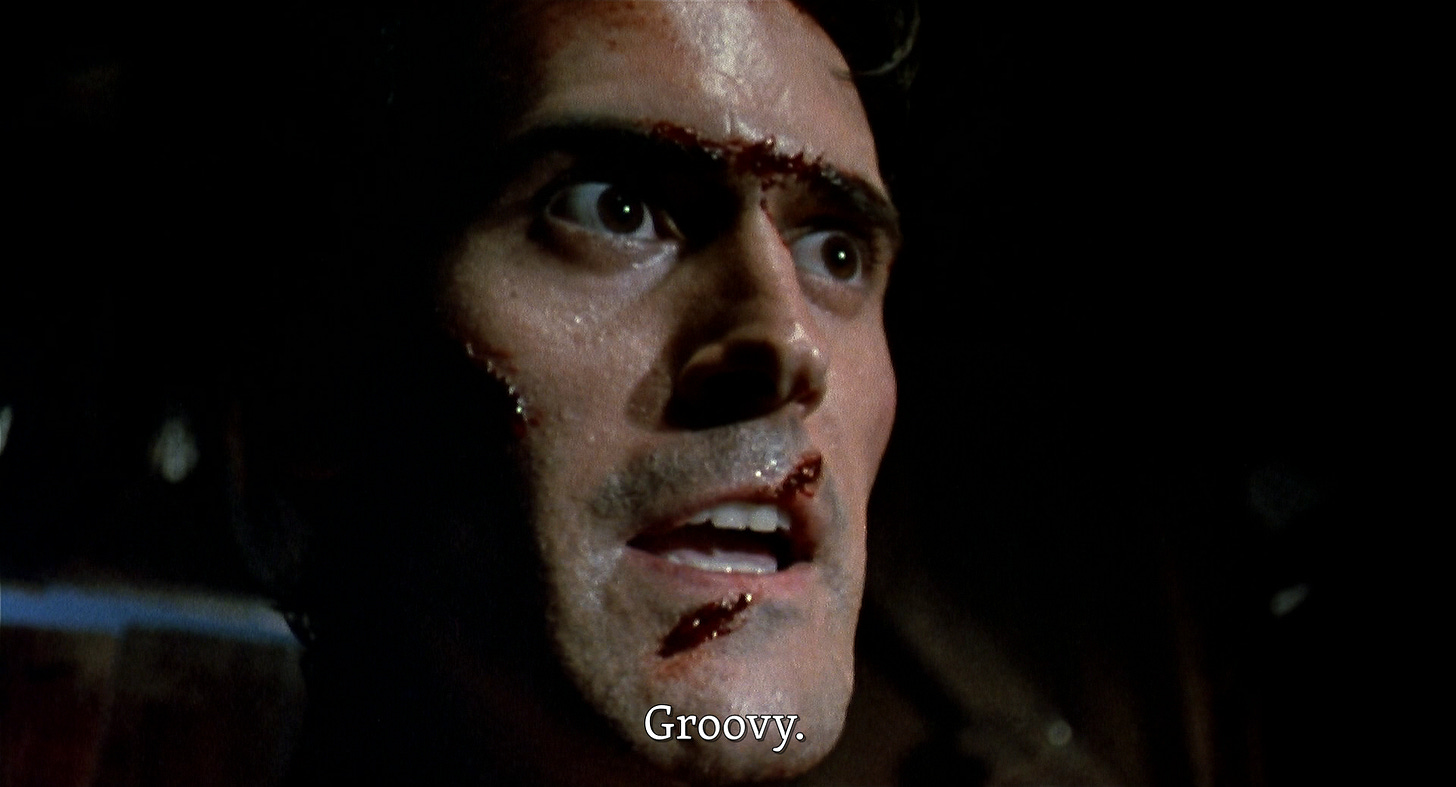The selection is, you may have noticed, mostly ordered by the name of the screenwriter. I define a ‘director’ as ‘someone employed to get in the way of actors and take the credit of writers’. Just about all the directors worth their salt either write their own scripts, have written great scripts or give conspicuous credit to the writer (e.g. Gilliam and Loach). Of course cinematography and choice of music is important — one reason Kubrick the Cold and Bergman the Bore are both here — but these things are a distant second to the story and, more particularly, to the artistic truth of the great actor.
Part one was here, and part two here.
68: Pinter, Harold. Ives, Kenneth. The Birthday Party
Grotesque, unsettling, surreal, awful and hypnotic story about two men sent to… erm… a man is staying at a guest house… and… there is a birthday party… and… a drum… and… um…
There are two silences. One when no word is spoken. The other when perhaps a torrent of language is being employed. The speech we hear is an indication of that which we don't hear. It is a necessary avoidance, a violent, sly, anguished or mocking smokescreen. When true silence falls, we are still left with echo but are nearer nakedness. One way of looking at speech is to say that it is a constant stratagem to cover nakedness.
Harold Pinter was a genius. This definitive BBC production, starring Pinter himself, can be found on a BFI box-set which contains The Tea Party, A Slight Ache and The Basement.
69: Pollak, Kay. As it is in Heaven.
An almost literally heartbreaking story of a famous conductor who ends up in a tiny Swedish town where he teaches a local choir to die in song. Almost cheesy, as some of the most heart-rending stories are.
70: Potter, Dennis. Pennies from Heaven.
Liberating tale of a music score salesmen who goes on the lam. Characters regularly break out in song, miming 30s hits. Part of a trilogy, in a way, with The Singing Detective (40s music) and Lipstick on Your Collar (50s music), although this one is the rawest, most uplifting and — the delight of Potter (like Pinter) — the most morally surprising. The US remake with Steve Martin was alright — worth watching for some of Christopher Walken’s greatest dancing — but for Gawd’s sake start here.
Other Potter highlights include Brimstone and Treacle (the original Play for Today version), the extraordinary Blue Remembered Hills, his adaptation of The Mayor of Casterbridge and his moving final interview with Melvyn Bragg.
71: Python, Monty. Monty Python’s Flying Circus (particularly series I & II).
Full of duds (many of which are Eric Idle’s unpleasant contributions1) and gags that you’ve seen a hundred times, but there is a—I dunno—a divinely mad thread through these early shows that has never been equalled. A sense of perfect psychological freedom. Don’t you want to fuck around like this? Every day? Isn’t this how life should be?
Quest for the Holy Grail and Life of Brian are also hilarious of course. Some of my favourite minor characters are Tim the Enchanter (‘Quite’) in the former, and the Boring Prophet and Jailer (‘we’ve got lumps of it round the back’) in the latter.
72: Raimi, Sam. Evil Dead II
Masterpiece of butcherous silliness starring Bruce Campbell’s amazing head. I can’t think of any head on earth that I enjoy seeing suffer more.





